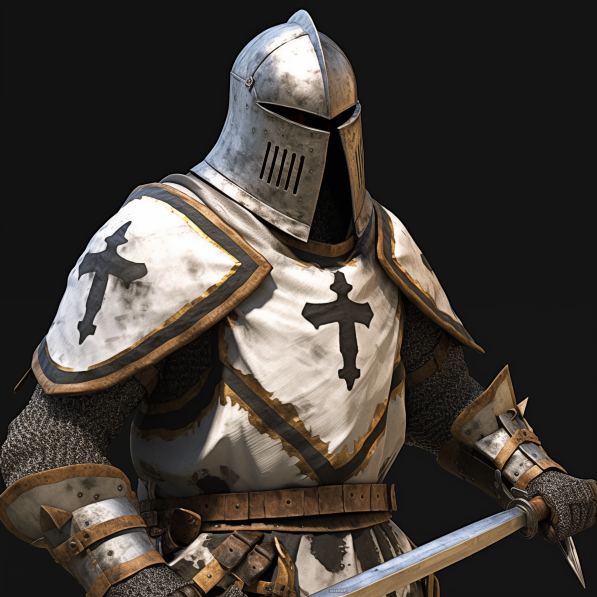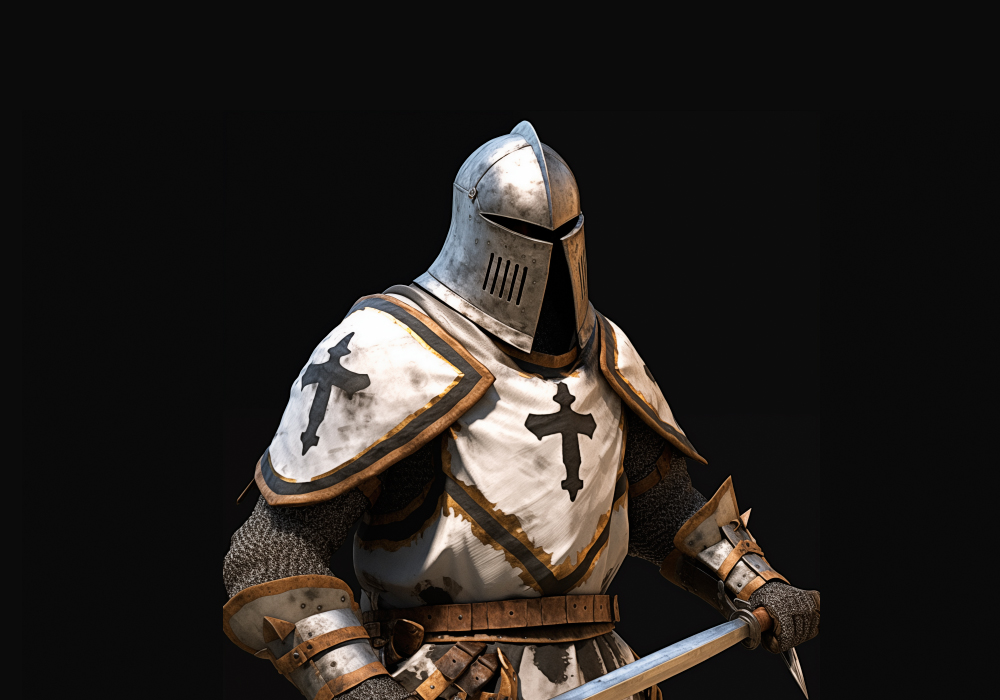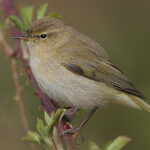In this article, you’ll delve into the life and accomplishments of the Teutonic Knights. Discover their origins and mission to retake Jerusalem during the Third Crusade. Despite their failure, the Knights persevered, expanding their territory and becoming renowned for their trading and diplomatic skills.
With their iconic black crosses, they constructed fortresses and established themselves as master traders. But challenges arose due to their administrative abilities, often leading to conflicts.
Join us on this captivating journey into the world of Teutonic Knights.
Origins and Purpose
The first mission of the Teutonic knights was to help retake Jerusalem from the Arabs in the Third Crusade (1187-1192 CE). Despite their efforts, they were unsuccessful in their attempt. However, during the siege of Acre, they set up a hospital outside the city, which was later granted the status of an independent military order by the Pope.
After their failure in the Middle East, the Teutonic knights shifted their focus to converting Christians and acquiring land in central and eastern Europe. With their distinctive black cross on a white tunic, they became renowned as master traders and diplomats. They established their base in Prussia and built castles across Europe.
The Teutonic knights followed strict rules, including restrictions on personal possessions, clothing, and social activities. Despite military failures, the order succeeded in spreading Christianity, aiding the poor, and contributing to technological advancements.

Uniform and Rules
To understand the uniform and rules of a Teutonic Knight, you need to know about their distinctive attire and the strict regulations they adhered to.
The Teutonic knights were known for their well-trained and well-armed knights, distinguished by the black crosses they wore on a white background or with a white border. These crosses could be seen on shields, white surcoats, helmets, and pennants.
The knights had to follow numerous rules, more than other military orders. They weren’t allowed to have long hair or wear ostentatious clothing or equipment. Knights were forbidden from owning money or personal property, and even their limited clothing had to be kept unlocked. Personal coats of arms and excessive entertainment were also prohibited.
However, woodcarving was allowed as a hobby to keep tedium at bay.
Military Successes and Failures
As you delve into the military successes and failures of the Teutonic Knights, you’ll discover their triumphs and defeats on the battlefield.
The Teutonic order achieved significant victories in spreading Christianity and helping the poor and needy. They converted many pagans in the territories they conquered and settled those areas with migrant Germans as part of a systematic colonisation effort.
The order’s trading and diplomacy skills were renowned throughout Europe, but their administrative and trading successes often led to conflicts with other powers.
However, the Teutonic Knights also faced military failures, particularly in their defense of the Holy Land and against the Russians. As opponents converted to Christianity, the primary purpose of the order began to diminish.
Nonetheless, their military history showcases both moments of glory and setbacks.
Spread of Christianity and Colonization
Delve into the Teutonic Knights’ spread of Christianity and colonization efforts, witnessing their significant impact on conquered territories and the migration of German settlers.
The Teutonic knights weren’t only skilled warriors, but also zealous missionaries. They saw their conquests as opportunities to convert pagans to Christianity, and they were successful in spreading the faith throughout the lands they conquered.
Alongside their missionary work, the Teutonic Knights engaged in systematic colonization. They settled these newly acquired territories with German migrants, establishing German-speaking communities that would shape the culture and society of these regions for centuries to come.
This colonization effort wasn’t only a means of expanding German influence, but also a way to consolidate their power and ensure the continued dominance of the Teutonic Order.
Trading and Diplomacy Skills
The Teutonic Knights showcased their trading and diplomacy skills, allowing them to expand their influence and establish diplomatic relations with various powers. Their reputation for effective trading made them renowned across Europe. Through their extensive trade networks, the Teutonic Knights brought wealth and resources to their territories, further strengthening their position.
Additionally, their diplomatic prowess enabled them to negotiate treaties and alliances, ensuring their security and expanding their political influence. They navigated complex diplomatic landscapes, engaging with both Christian and non-Christian powers, and successfully forged alliances that served their interests.
These skills not only contributed to the order’s growth and prosperity but also placed them in a unique position of power and influence within medieval Europe. The Teutonic Knights’ ability to trade and engage in diplomacy played a significant role in their success as a military order.
See also our article about the State of the Teutonic Order.





